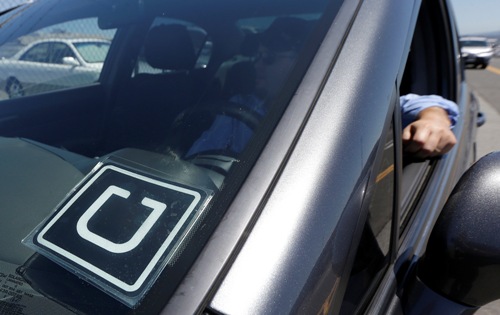Being fired from the job is a tough situation; aside from losing income, you also face challenges in keeping your car insurance and other financial aspects such as credit score. These two things are related closely; when you lose your job, you also experience drastic decrease in credit score. You need to understand the actual relation between your insurance policy, credit score, and your employment status, so you can take the best action when suddenly get laid off from the job.
Car Insurance Risk Factor and Credit Score
Car insurance providers consider various aspects that determine whether a policy holder is a high-risk client or not. Credit score is one of the most important aspects used to determine risk factor, since it is related to financial stability and spending habit. Low credit score usually signifies inability to regulate spending, or a sign of financial instability (in this case, unemployment). A policy holder with such financial condition will be considered high risk, and in consequence, the insurance provider will increase the premium rate, making it harder for the individual to pay off the insurance.
Financial instability also exempts you from getting discounts as a reward for being low risk policy holder. In addition, credit score is a main factor insurance providers use to rate a policy holder. Therefore, when you lose your job and your credit score takes a dive, you can face increased premium rate in your car insurance policy if the insurance provider finds out.
Losing job is never an easy affair, and it can give additional difficulties with your credit score and insurance policy. The only thing you can do is make sure that your credit score at least gets “fair” rating, instead of “poor.”

Car Insurance and Credit Score after Being Fired (fortune)
How to Keep Car Insurance Rate Low after Being Fired
Car insurance is important if your life depends on car, but if your credit score plummets when you are unemployed, it can be more difficult for your life. You must keep your credit score in at least “fair” rate, but it takes time. Car insurance and unemployment status affect each other, so you must apply several solutions to keep the insurance rate low and credit score in “fair” status:
Plan beforehand to get the new job.
If you already get early warning about possible lay off, you must start looking for several job alternatives. You can even consider looking for part time job first until you can get another permanent employment. The most important thing is to remove the unemployed status from your identity.
Keep the credit score-related bills paid on time.
There are several types of bills that will directly affect your credit score, such as utility bills, credit card bill, mortgage, and car payment. Make a list of these bills and put them as your spending priority during the lean period of being unemployed or looking for new job.
Reduce unnecessary spending.
This seems like a no-brainer, but many people tend to lose their priorities even after being unemployed. Again, make a list of your typical spending every month, and determine which one you can lose and which one that must be priority. For example, you may cut some leisure spending you don’t really need (such as going to restaurant or buying coffee from Starbucks every morning), but you must put utility bill, credit card and mortgage payments on top.
Reduce coverage in car insurance policy.
You should not lose the coverage from your car insurance policy even when you are unemployed, but you can apply for modification to reduce the amount of rate you must pay. Ask for very minimum limit of coverage from your insurance provider, so you can hopefully keep paying the premium every month, but not too much. After getting new job, you can return the details of your policy to regular coverage you actually need.
Focus on repaying your credit card bills.
Credit card bills can be tricky, especially when you have spent too much using this card. Avoid using the credit card for a while and commit on repaying the bills. Also, make sure you pay the bills on time; late payment will result in even lower credit score even though you eventually pay them.
There is no easy way to improve credit score, so make sure you are committed to improve your financial condition and get another job after being fired.
Credit score will not immediately be reviewed by insurance company; this is usually done whenever your policy renewal schedule comes up. Therefore, use the remaining time to find new job and work on increasing credit score. When you finally manage to increase the score and get new job, you can immediately contact car insurance provider to review your score, and return your rate to normal.
